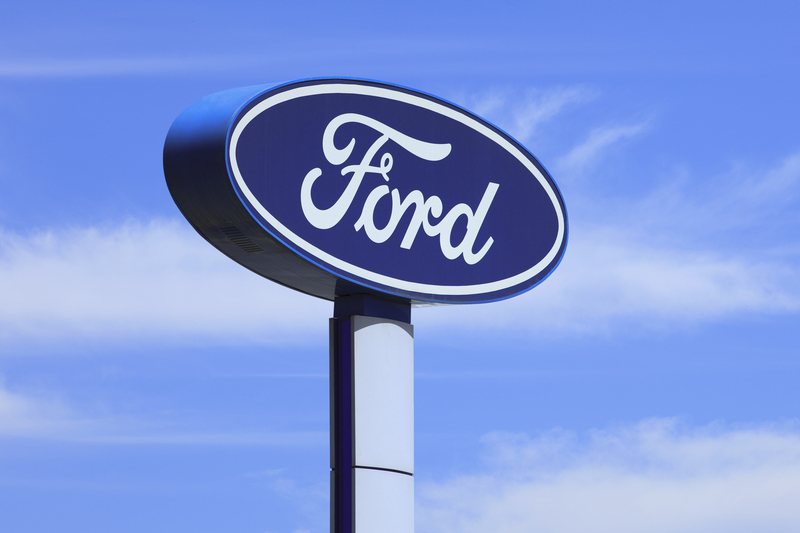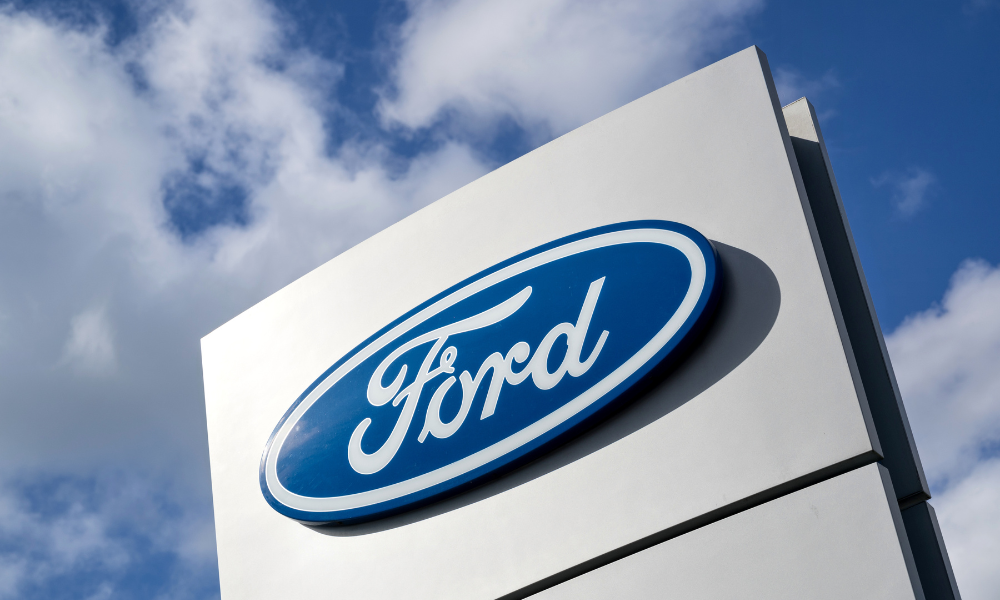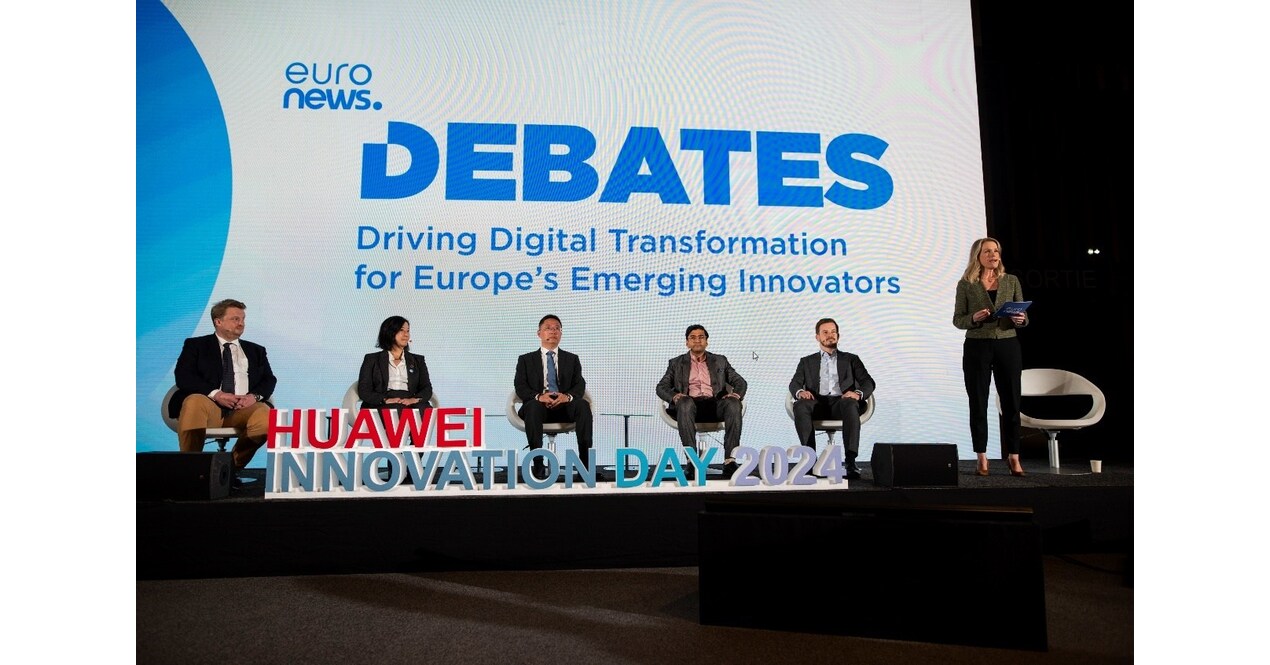Ford to cut 4,000 European jobs, including 800 in the UK By Invezz

Invezz.com –
Ford Motor Company (NYSE:) has unveiled plans to slash 3,800 jobs across Europe by the end of 2027, as it grapples with the challenges of electrification and increasing competition from Chinese electric vehicle (EV) manufacturers.
The majority of these layoffs will affect administrative, support, and product development roles, with some manufacturing positions also at risk.
Despite the sweeping changes, the company confirmed that its UK power unit plants in Dagenham and Halewood will remain unaffected.
The restructuring is part of Ford’s strategy to create a leaner, cost-competitive structure in response to lower-than-expected demand for its electric vehicles.
The automaker plans to achieve these reductions through voluntary measures, ensuring minimal disruption to its workforce.
EV market challenges put Ford under pressure
Ford’s announcement comes as the European EV market faces significant headwinds.
Chinese automakers are aggressively expanding their presence in the region, offering competitively priced models that challenge legacy brands.
At the same time, consumers are wary of the high upfront costs of EVs, concerns over driving range, and inadequate public charging infrastructure.
To address these issues, Ford has emphasized the need for greater collaboration with governments and other stakeholders.
The company believes that targeted incentives and investments are essential to drive consumer adoption and support the transition to zero-emission vehicles.
New regulations raise stakes for manufacturers
Automakers in the UK are navigating strict government-mandated targets for EV sales as part of broader efforts to combat climate change.
From 2024, manufacturers must ensure that 22% of all new cars sold are zero-emission vehicles.
This figure is set to rise incrementally, reaching 80% by 2030 and 100% by 2035.
Failure to meet these quotas could result in hefty fines, with manufacturers facing penalties of £15,000 per non-zero-emission vehicle sold beyond the allowable limit.
Despite these ambitious targets, the UK’s car industry, represented by the Society of Motor Manufacturers and Traders (SMMT), has expressed doubts about meeting the 2024 requirement.
Industry leaders argue that without stronger incentives and improved infrastructure, consumer skepticism could hinder the transition to EVs.
Ford’s investment in the European market
Ford has invested heavily in its European operations to meet regulatory demands and develop a competitive EV lineup.
The company recently unveiled a range of new electric models designed to cater to diverse consumer needs.
With economic pressures squeezing household incomes, Ford has acknowledged that more work is needed to stimulate demand.
The SMMT reports that manufacturers have collectively invested £2 billion in price reductions and other measures to boost EV sales in the UK this year alone.
Yet, industry insiders warn that such efforts are unsustainable without long-term government support.
Meeting with UK officials underscores urgency
Amid these challenges, Ford and other automakers have sought dialogue with policymakers.
Senior executives recently met with the UK Transport Secretary, Louise Haigh, to discuss regulatory frameworks and strategies for achieving sales targets.
The meeting highlighted the need for more robust incentives to make EVs accessible to a broader audience.
Infrastructure concerns were also raised, with manufacturers pointing to significant gaps in the public charging network as a major barrier to EV adoption.
Industry representatives have called for increased investment in charging stations, particularly in rural and underserved areas, to support the growing number of electric vehicles on UK roads.
Ford’s restructuring reflects broader trends in Europe’s automotive industry, where companies are under immense pressure to transition from internal combustion engines to EVs.
In Germany, the automotive sector accounts for approximately 5% of the economy, underscoring the high stakes of the shift to electrification.
As manufacturers navigate these changes, collaboration between industry players, governments, and other stakeholders will be crucial.
For Ford, the success of its European operations hinges on striking the right balance between innovation, cost-efficiency, and consumer appeal in a rapidly evolving market.
Related
Layoffs: European Firms Slashing Jobs Due To Weak Demand And…
Layoffs: Challenging economic conditions and ongoing weak demand for many products have compelled companies across Europe to fr
AI Tools Enhance Productivity Without Reducing Jobs, Say European Start-Ups
A recent study by venture capital firm Index Ventures, which surveyed 600 European tech start-ups, reveals that the majority do not believe the adoption of
Ford announces 4K job cut in EU amid ‘highly disruptive’…
Boyden Gray PLLC partner Michael Buschbacher discusses concerns of an electric vehicle mandate on 'The Bottom Line.' Ford Motor Co. expects a major reducti
Ford to cut 4,000 jobs in Europe: reports
The carmaker said the European auto industry is facing unprecedented competitive, regulatory, and economic headwinds. "It is critical to tak










